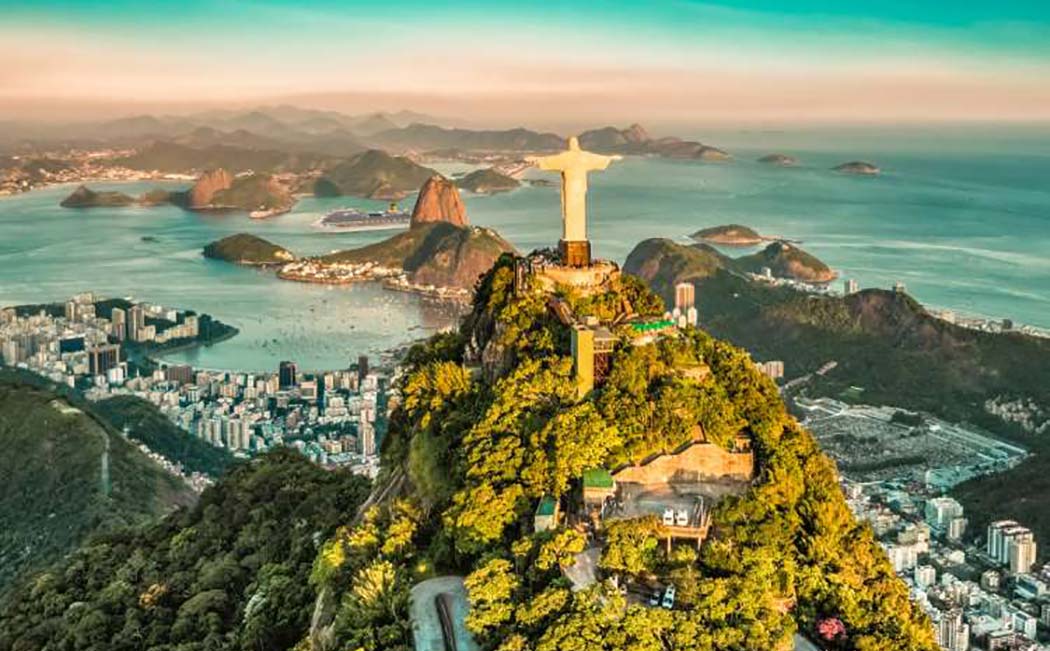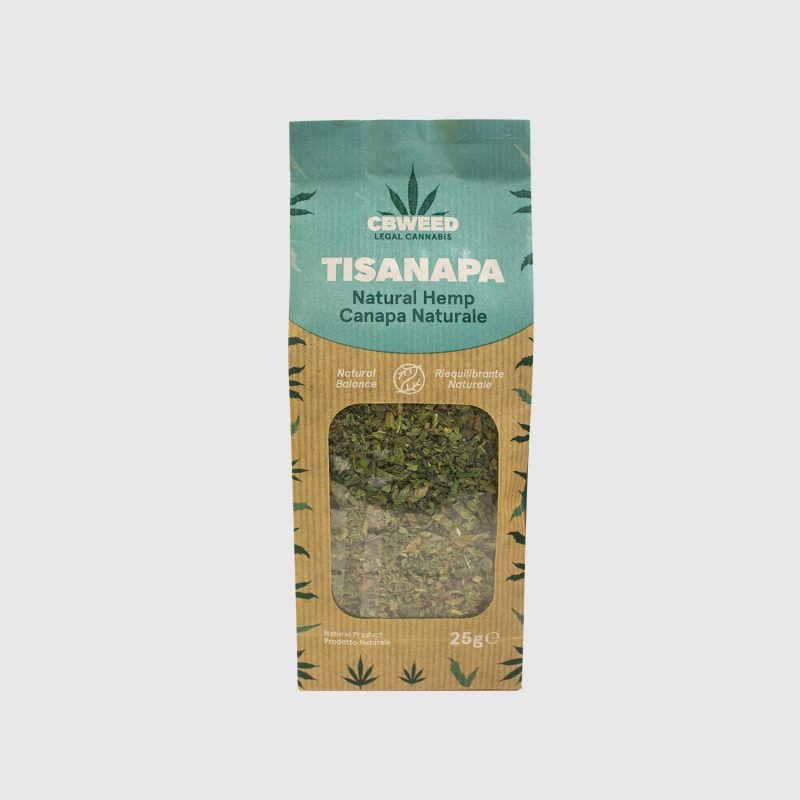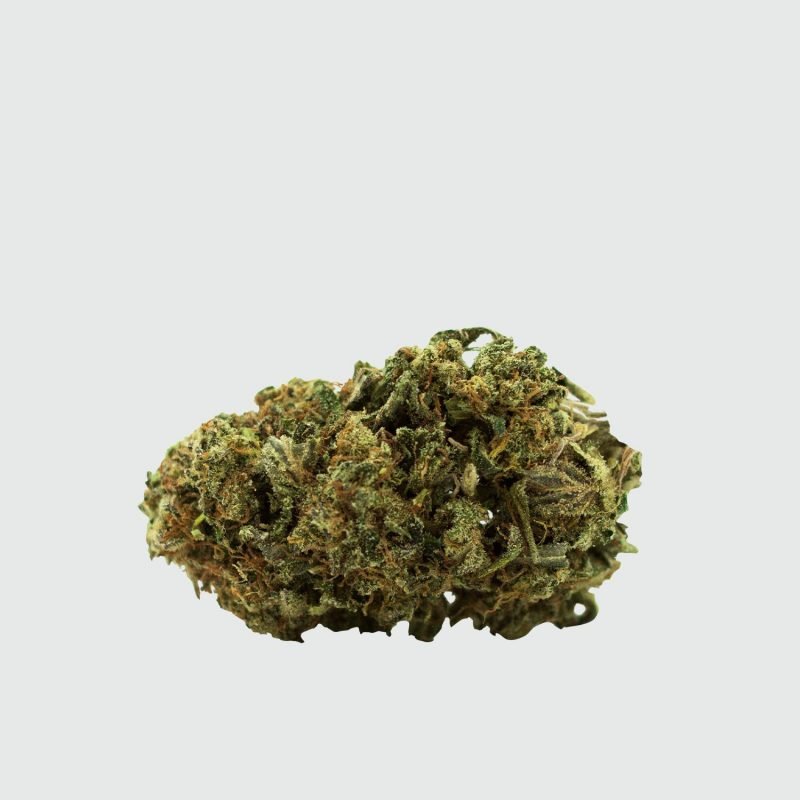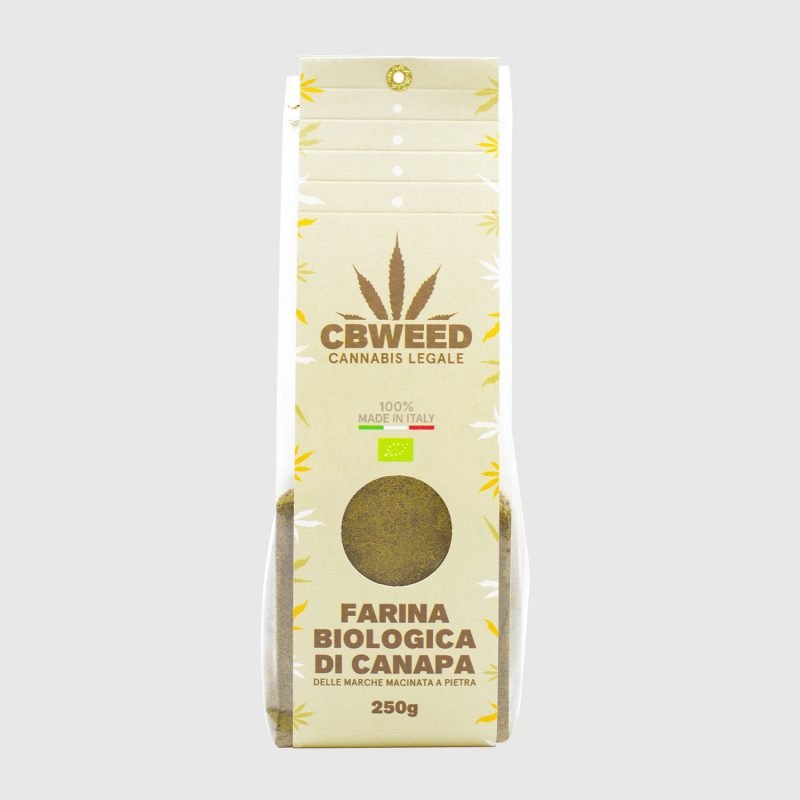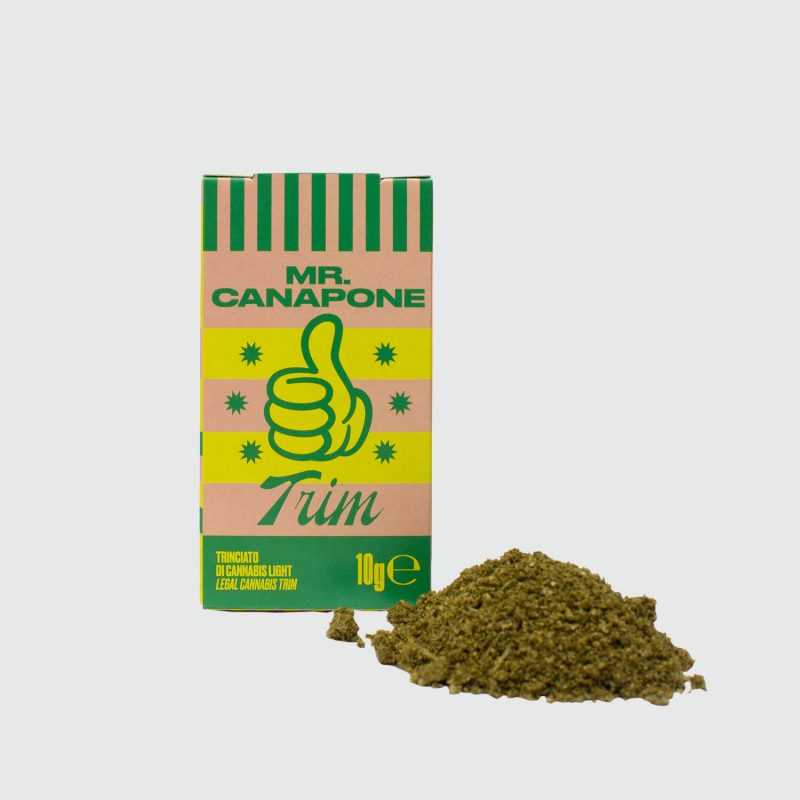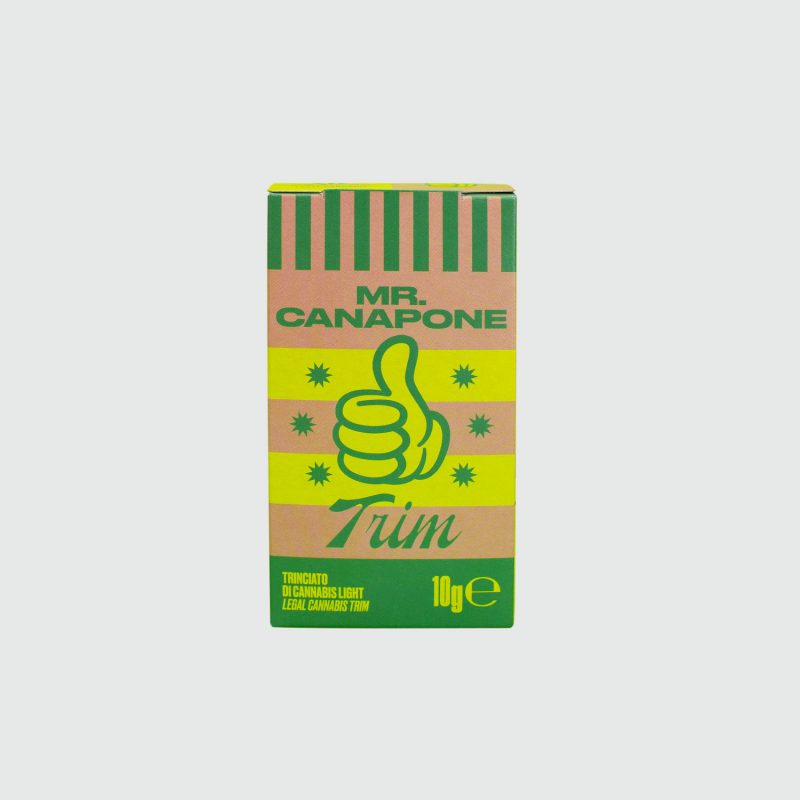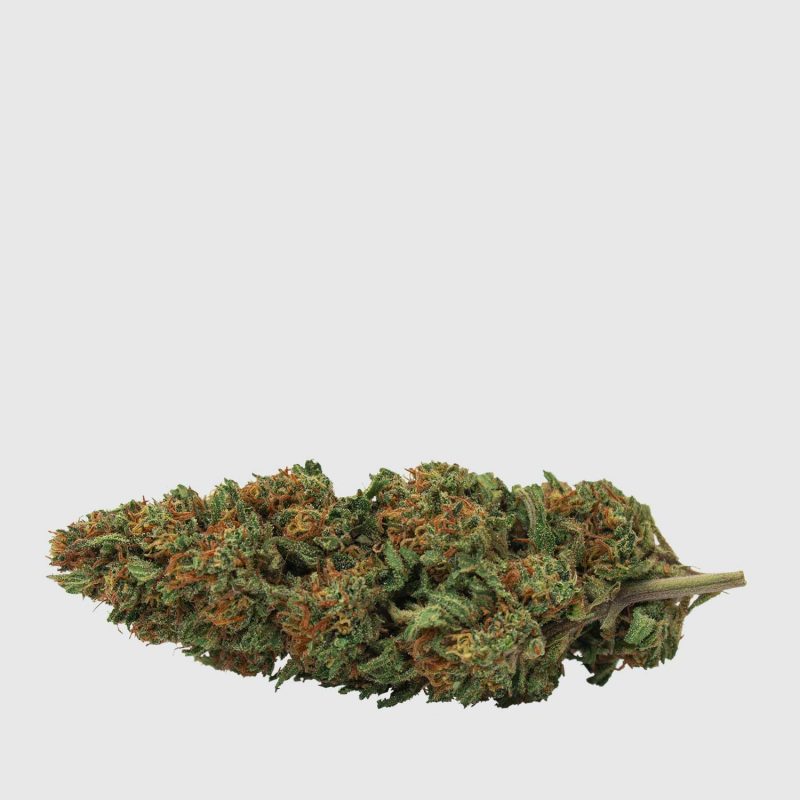The great Cannabis revolution in South America: step towards legalization
In recent years, the Cannabis market has emerged from the shadows in Latin America and has started to attract the attention of many companies and international investors. Nowadays, not only many states are decriminalizing the possession, consumption and cultivation of marijuana, but also they are legalizing and increasing the production of cannabis for therapeutic or recreational purposes.
Legal sales of Cannabis across South America may reach $125 million by the end of 2018, but the real news is that a business of approximately $12.7 billion is expected to grow in the following 10 years. These are the conclusions of The LATAM Cannabis Report, a research recently published by Prohibition Partners, a group of Cannabis industry consultants in UK who monitor the growth of this new business all around the world. The study states that since Uruguay approved its revolutionary general legalization law in December 2013, no less than 10 Latin American countries decided to follow the same path to legalization. Furthermore, the report predicts that as the Latin American market will rapidly develop in the next decade, a consequent intensive production will reduce Cannabis prices globally, by offering a low-cost alternative to the North American and European markets. However, it would not concern only exported products, as thanks to its large size, South America has a potential market of over 500 million adult users and 4.3 million potentially treatable patients with therapeutic Cannabis.
You may also be interested in:
Side effects of chemoteraphy, the benefits of therapeutic cannabis
Its renowned export policies of cheap agricultural products and the growing support that so many states are demonstrating towards the legalization of therapeutic and recreational cannabis suggest that this area of the world will certainly play a key role in the international Cannabis industry in the near future. At the moment, only Colombia is aggressively promoting Cannabis exports, while Uruguay is still the only country to have legalized recreational Cannabis. However, according to the Prohibition Partners study, this is just the beginning of a market movement destined to become revolutionary and impressive.
The signs are strong and clear. For example, in Argentina, it was approved a medical Cannabis law in March 2017; for now, cultivation has not been legalized, but recently two government research agencies have been authorized to supervise cultivation and organize a controlled internal production. In Chile, a law was passed in 2015 allowing the sale and use of cannabis extract for medical purposes. The cultivation of products on Chilean soil was managed by non-profit organizations authorized by the government (for example, the Daya Foundation), while the domestic cultivation of marijuana has been decriminalized within 6 plants. In Colombia, instead, medical Cannabis was legalized in 2015 and in 2017 the government established a legal framework for commercial cultivation that promises large export flows. In Mexico in 2017, the president Enrique Peña Nieto signed a bill to legalize therapeutic Cannabis after the solicitation of many local activists. As a matter of fact, the full legalization of cannabis could be a powerful device in this country to oppose organized crime and drug cartels.
Panama took a decisive step towards the legalization of marijuana when in 2016 President Juan Carlos Varela signed a law that allowed the legalization of medical Cannabis (even though the law remains pending yet). In 2017, Paraguay authorized the importation of Cannabis oil under the control of the Ministry of Health and in 2018, a law was passed allowing the domestic cultivation of medical marijuana. In Peru, a law authorized in November 2017 the use of Cannabis for therapeutic purposes and at the same time, personal use for recreational purposes was partially decriminalized.
Of course, Uruguay was the great pioneer of legalization and all the states of South America look at its experiment with great interest before making harsh moves. For now, the country has a government institute (IRCCA) responsible for the regulation and control of the Cannabis business in which only authorized clubs for its cultivation are registered (they are currently about 2500). IRCCA also oversees the sales in pharmacies, started in 2017, with 35,000 Uruguayans currently registered as consumers.
The LATAM report provides a useful and extensive survey of the emerging Cannabis industry and the latest legal developments in this field in South America. The only thing that raises us some ethical concerns about the future of Latin American production is that of the low-cost crops but with high rates of human exploitation, which are unfortunately widespread in this part of the world. Cannabis is a noble product that the earth has given us. We hope that the expansion of this new market does not imply the development of a supply chain with poor humanitarian and ecological standards, driven only by love for money.




